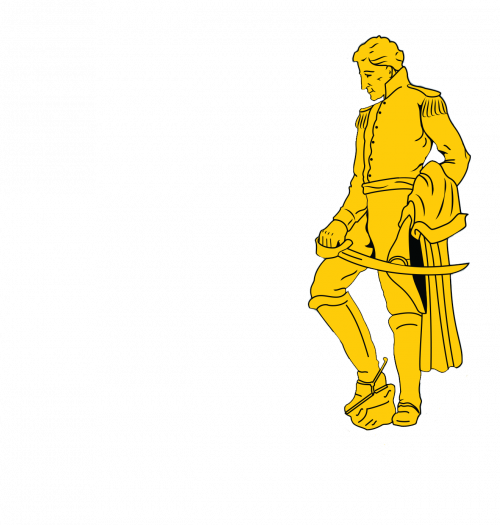The content on this platform is currently being reviewed and removed as needed to align with the President's executive orders and DOD priorities in accordance with DOD Instructions.
NEWS
Leader

To download a copy of the Leader click here.
To view more issues click here.
Top Story

Maj. Gen. Daryl O. Hood, Fort Jackson commander, cuts the ribbon for the opening of MWR Central at the Solomon Center, Sept. 19. The center is to be the hub where the community can
spend quality time.
Jackson runs with 'solemn purpose' to remember
Story, photos by Reginald Rogers, Fort Jackson Public Affairs
MWR Central opened in the Solomon Center to large crowds and fanfare Sept. 19.
Col. David Gaugush, garrison commander, said the location is to be the hub of where our Soldiers, their Family members, our veterans, retirees and the thousands of visitors each week can spend quality time with their Families.
He said Fort Jackson was excited about reopening Andy’s Gym that expanded the fitness footprint on post.
“What is unique about this is that we are offering on-site, hourly childcare,” he added. This is in response to challenges across the Army where “families are burdened by the fact its challenging for them to go and take care of themselves, while doing the parent-child handoff. We are offering the opportunity for them to have their children be looked after while they are here getting a good workout.”
The reopening is part of the post’s focus to offer the best quality of life for service members and their families.
We have taken several “disaggregated facilities and services across the installation and brought them to a more centralized location where they can be more easily accessed,” he added.
















